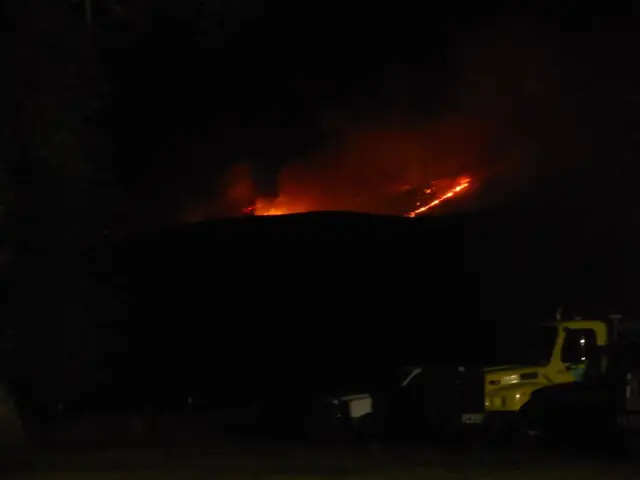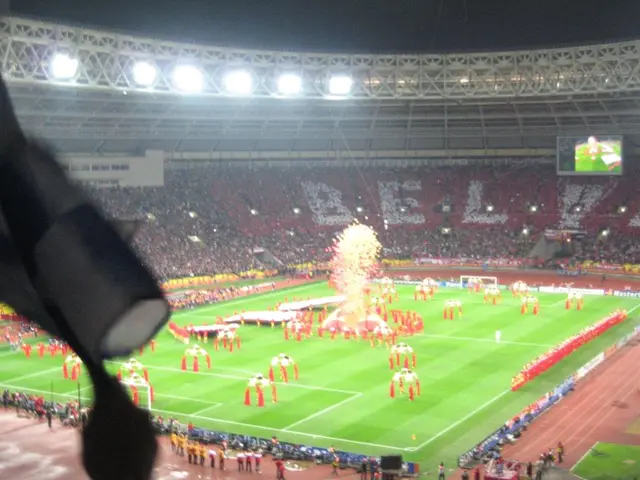Unidentified entity launched a surveillance drone into Kazakhstan airspace.
In the West Kazakhstan region, a mysterious drone crash near the border with Russia has sparked tensions. The drone, which remains unidentified, came down in the Bokeyorda District, bordering the Russian city of Volgograd. Officials from both Moscow and Kyiv have traded accusations over the incident, amid heightened regional sensitivities concerning the Caspian Pipeline Consortium (CPC).
The CPC, a vital pipeline system connecting Kazakhstan to Novorossiysk, Russia's Black Sea port, was targeted in a drone attack on February 17th. Analysts assert that the alleged assault has resulted in a substantial reduction in the pipeline's export capacity, potentially by about one-third, for several months.
Ukrainian authorities acknowledged the attack in Krasnodar Krai but justified it as a countermeasure to Russian energy infrastructure attacks. According to a Kyiv Post report, a Ukrainian Security Services source contended that such attacks not only bolster Russia's military by fueling its forces but also substantially fund the war through oil revenues.
As the damage estimates have intensified, the Kremlin has reportedly demanded that the CPC consortium members shoulder the costs for the repair and upgrade of the damaged pumping station, including modern firefighting equipment. Major shareholders in the consortium include American oil giant Chevron and the Kazakh government-controlled energy entity KazMunayGaz.
The act of a downed drone in West Kazakhstan was reported the day after the CPC attack, with the crash site situated near a Russian military training ground, Kapustin Yar. The ensuing speculation painted a picture of a Russian reconnaissance vehicle being deployed for a coordinated Ukrainian drone assault on CPC infrastructure within Kazakh territory.
Ukrainian officials and experts have since rejected these allegations, with the Ukrainian Military Center, a Kyiv-based organization with strong Defense Ministry ties, accusing Russia of staging an "international provocation." The center further released visual evidence to substantiate that the vehicle in question was of Russian origin, citing the drone's specific design elements.
The Kazakh Foreign Ministry has agreed to engage in discussions with their Ukrainian counterparts about the drone attacks while downplaying their potential impact on the CPC pumping station. Meanwhile, Kazakhstan exported a record high volume of oil two days after the attack, leading to questions about the accuracy of Russian damage estimates.
As tensions between Moscow and Kyiv continue to reverberate beyond Ukraine, it remains uncertain whether Kazakhstan will maintain its neutral stance in the face of increasing regional interference and potential threats to its vital energy infrastructure.
- The mysterious drone crash in West Kazakhstan, coupled with the recent CPC pipeline attack, has brought the issue of war-and-conflicts and politics to the forefront of general-news discussions.
- The drone incident near the Russian border and the CPC policy-and-legislation concerns involving the consortium's major shareholders, like Chevron and KazMunayGaz, indicate a complex interplay of business interests and international disputes.
- The downed drone and the CPC pipeline attack have raised questions about crime-and-justice, as accusations fly between Moscow and Kyiv, while Kazakhstan grapples with the potential threats to its vital energy infrastructure.








